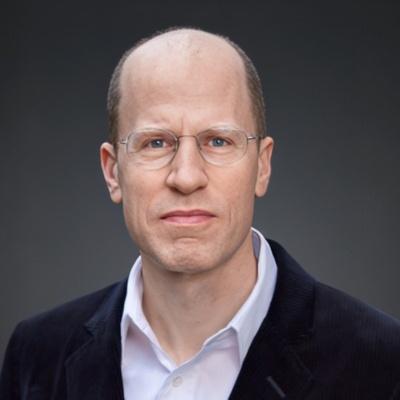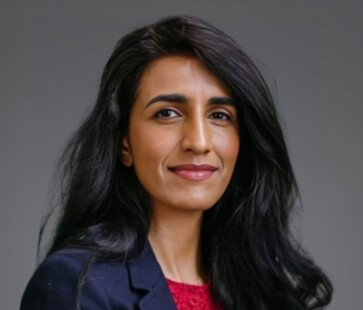
Nick Bostrom
Philosopher and thinker, recognized for his vision on artificial intelligence and human future. He inspires reflection on the ethics and risks of technology, showing the importance of anticipating major global challenges.
Biography / Speaker Info
Nick Bostrom is a Swedish philosopher, author and professor, recognized worldwide for his influential work in the field of artificial intelligence (AI), the future of humanity and bioethics. His career is a clear example of a career that fuses academic rigor with a profound vision of the future, which has positioned him as one of the most important voices in the debate on technology and its possible existential consequences. With a style of thought that is both provocative and pragmatic, Bostrom has established himself as a global reference.
His career in academia was consolidated at Oxford University, where he is professor of philosophy and directs the Future of Humanity Institute. In this role, Bostrom has led cutting-edge research projects on how artificial intelligence, biotechnology and nanotechnology could transform the future of humanity. His work has been published in the world's most prestigious scientific journals, demonstrating his academic rigor. In addition, he has been a trusted consultant to governments and international institutions.
One of Nick Bostrom's main achievements is his ability to translate complex concepts from philosophy and technology into practical and applicable ideas for the world of business and politics. His books, such as Superintelligence: Pathways, Perils, Strategies (2014), have become essential guides for leaders seeking to understand the challenges and opportunities of AI. In this book, Bostrom explores the possibility of an artificial superintelligence that could surpass human intelligence and how we might manage this transition.
In addition to his work in academia, Nick Bostrom is a sought-after speaker at technology, business and education events around the world. His talks focus on the future of artificial intelligence, ethics in technology and the importance of continuing education. His legacy is measured by his ability to popularize the debate about the future of humanity and his valuable contribution to creating a more just and equitable future for all, leaving a footprint of knowledge and inspiring a new generation of leaders.










